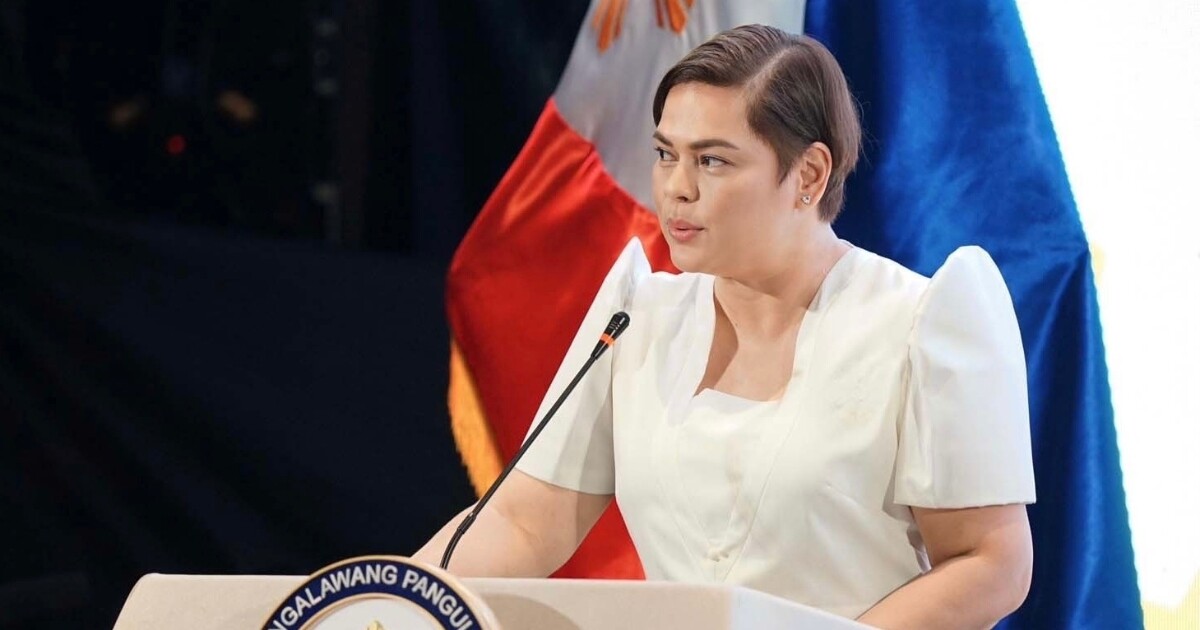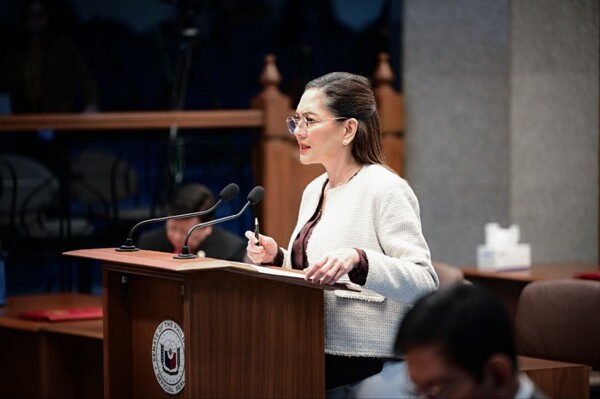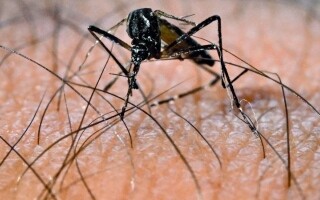
Vice President Sara Duterte has expressed her reluctance to participate in the upcoming House committee inquiry on her budget spending. Manila Rep. Joel Chua, the committee chairperson, disputed Duterte's claim of not being properly informed about the hearings, stating that she was invited to the initial sessions but chose not to attend subsequent meetings. Despite receiving multiple invitations, the vice president opted out of the third, fourth, and fifth hearings on her budget spending, citing preoccupation and submitting a formal letter detailing her absence.
"We have done our part to ensure she has a platform to address these issues in full view of the public," Chua emphasized amid Duterte's allegations of being uninformed. Duterte countered, saying she only received a single invitation and attended the House session but did not feel fully engaged with the process. During the interview at an event in Mandaluyong City, she announced her decision to forego the next scheduled inquiry and instead provide an affidavit regarding her administration's use of confidential funds.
Duterte's choice to bypass the hearings has raised concerns about the transparency of government expenditures. The Commission on Audit flagged discrepancies in the Office of the Vice President's confidential fund utilization, questioning around ₱73 million of the ₱125 million allocated in 2022. Similarly, the Department of Education's handling of ₱112.5 million in confidential and intelligence funds for the following year is under scrutiny. Despite the audit findings, Duterte maintains her hesitation to participate in further inquiries, arguing that the hearings lack a legislative purpose.
The vice president's reluctance to engage in the budget scrutiny process has led to skepticism and calls for accountability within the government. Observers and officials have stressed the importance of clarifying financial discrepancies and ensuring transparency in public spending. Duterte's absence from the committee hearings has fueled speculations about the handling of confidential funds and heightened the need for open dialogue and scrutiny in government procedures.












